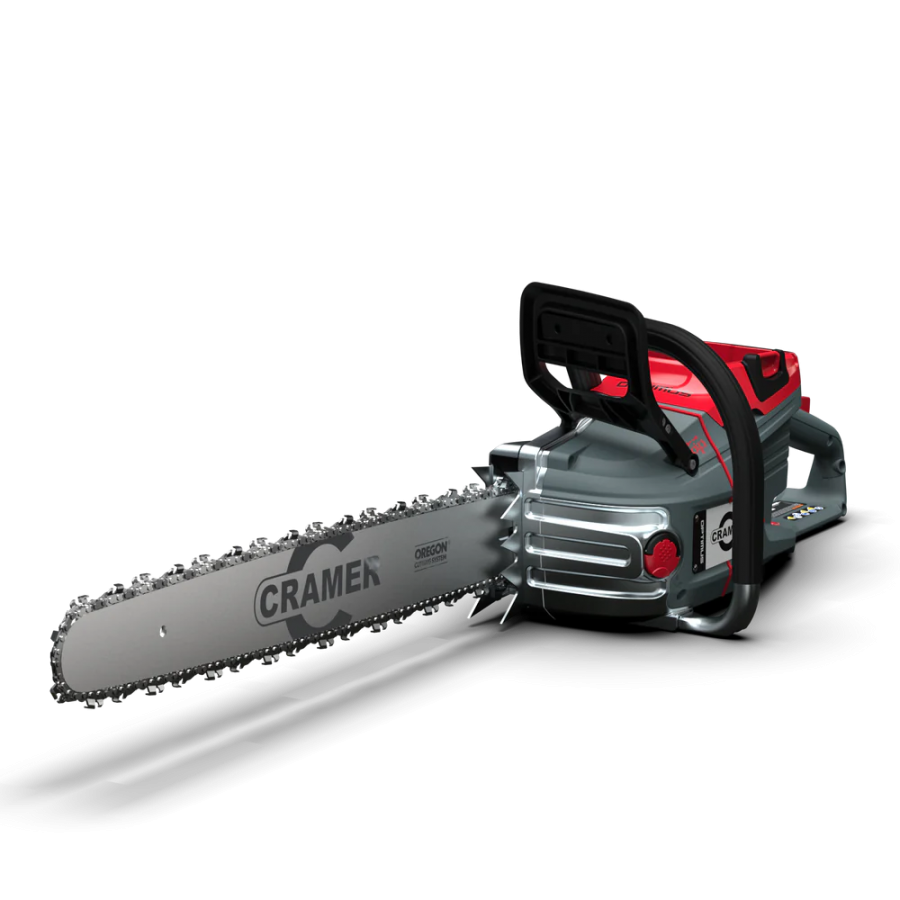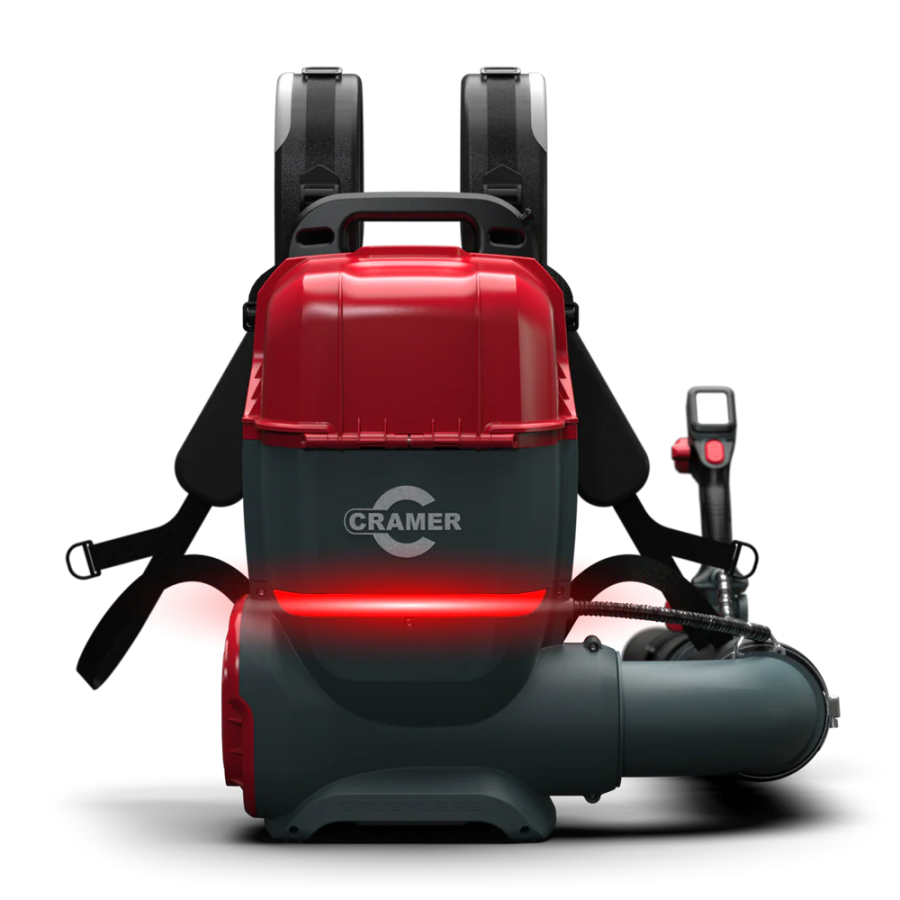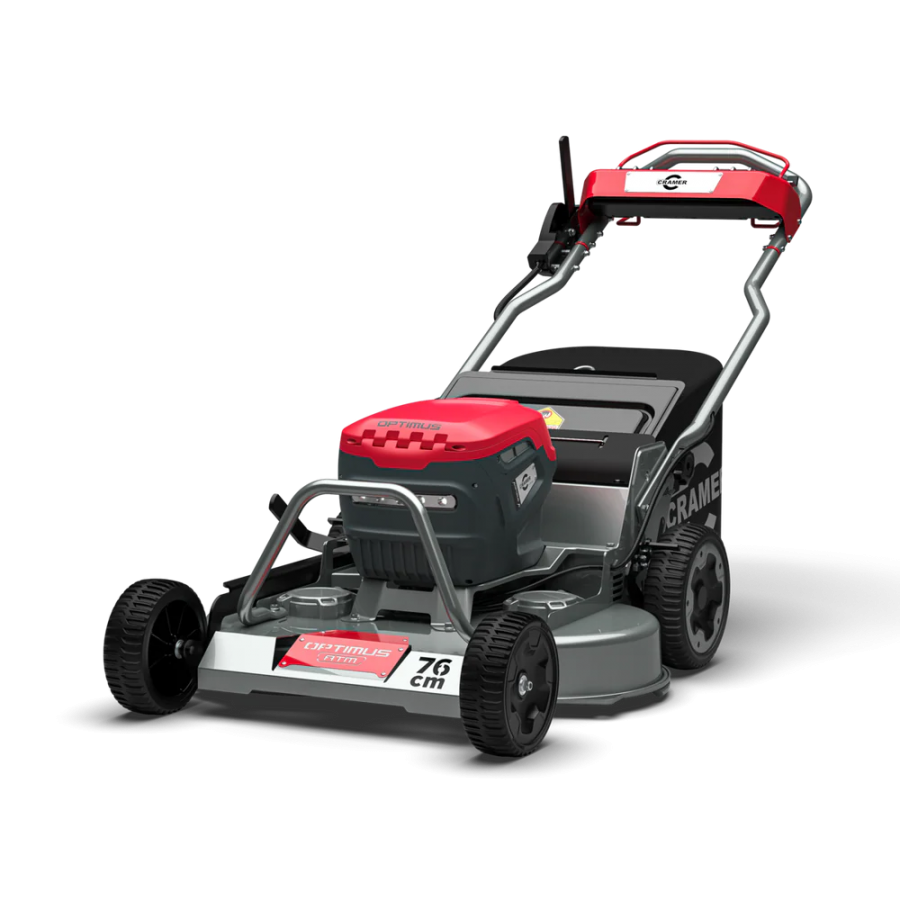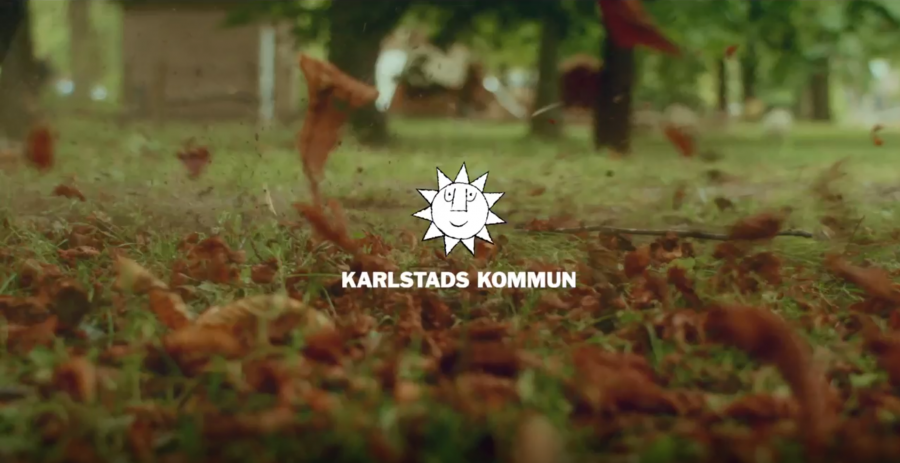Herbicide
resistance is a very real threat to our ability to effectively control weeds in
amenity situations and groundsmen need to take steps to avoid it, warns
Monsanto.
Technical
Development Manager Barrie Hunt explains: “There are currently no known cases
of glyphosate resistance in the UK, however, globally, resistance has evolved
as a result of repeated use and over-reliance on this active ingredient.”
In Europe, resistance has been confirmed in two plant
families and six species. They are the Fleabane
(Horseweed) species Conyza bonariensis, Conyza canadensis and Conyza
sumatrensis, and Ryegrass species Lolium rigidum, Lolium perenne and
Lolium perenne var. multiflorum.
Barrie
comments: “Fleabane, or Conyza, resistance has developed in amenity situations,
including railways and roadsides, as well as in perennial crops. Ryegrass
resistance has occurred predominantly in perennial crops and also in arable
farming.

“Ryegrass
resistance has not been found in specific amenity situations, however many
perennial crop situations directly mimic practice in amenity.”
Development
of resistance in Europe is mainly due to repetitive or inappropriate practices,
he explains: “These practices include over-reliance on of the same herbicide
i.e. glyphosate, not following label recommendations and a lack of, or limited,
Integrated Weed Management strategies.”
Minimising
the risk of resistance is based on Good Plant Protection Practice and an
Integrated Weed Management Strategy, which all groundcare professionals should
be carrying out as a matter of routine, but a Resistance Management Strategy
should also be put in place.
“Whenever
possible, use mixtures of herbicides, and consider integrating non-chemical
control measures,” explains Mr Hunt.
“Monitor and assess
herbicide performance after spraying to detect any loss in control, - good record-keeping
is key to the early detection of resistance.”
Planning applications carefully to ensure that the active
ingredient is at its most effective helps to prevent
survivors, he emphasises, as repeat applications to surviving plants present
the greatest risk of resistance developing.
“If resistance is
suspected, contact your supplier and/or the product manufacturer, and act quickly to
prevent spread - use a strategy involving alternative herbicides and
non-chemical techniques. Then collect seed samples for testing to confirm resistance,”
Mr Hunt advises.
“However,
by being vigilant, we can hopefully avoid resistance, and help these valuable
chemicals to continue to maintain the quality of sporting and leisure
facilities.”







